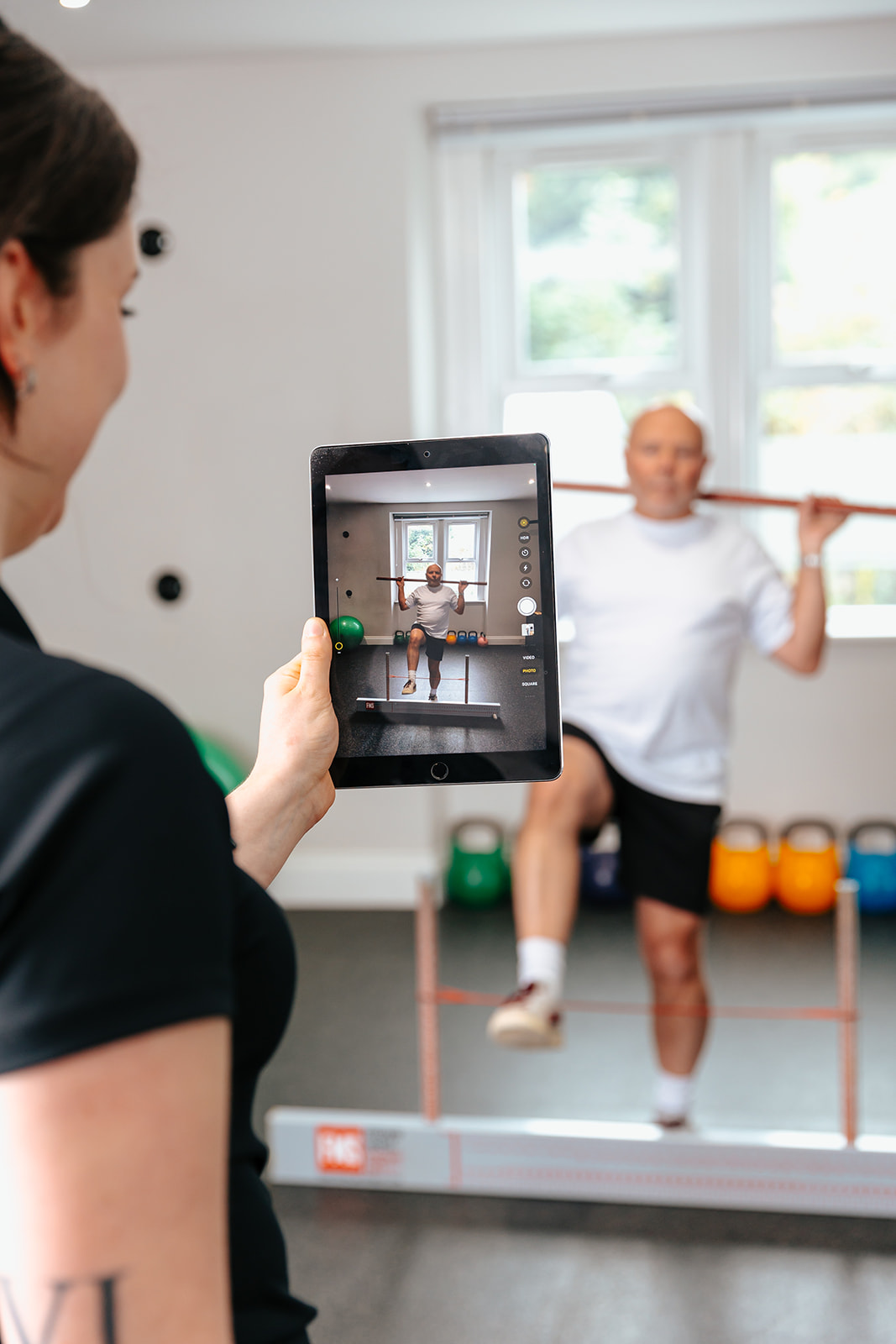Steph Hatt
April 04, 2022
July 11, 2018

We’ve all been told how important it is to keep active and moving to maintain a healthy lifestyle, but as we get older, it’s common to become less motivated to exercise for various reasons. Perhaps we don’t feel we have enough energy to exercise like we used to or maybe it’s the idea of exercise causing niggles or injuries that puts us off.
Either way, we must find a way to conquer these feelings as when aches and pains start to increase or tasks that once seemed easy become difficult, exercise becomes more important than ever.
Research shows that keeping active improves your physical health, emotional well-being and overall life expectancy. Regular exercise can also improve your quality of sleep, help you maintain a healthy weight and help you manage your stress levels.
National guidelines supported by Physiotherapists recommend that every individual should participate in at least 150 minutes of moderate physical activity per week.
It’s recommended that you exercise at a pace that makes you feel warm and slightly out of breath. This is usually the case when you can just about hold a conversation without needing to stop for a breath during exercise. Your pace may be different to others, particularly as you get older, as you might find that you don’t walk as quickly or as far as you used to. However, that doesn’t matter – what matters is that you exercise at the right level for you.